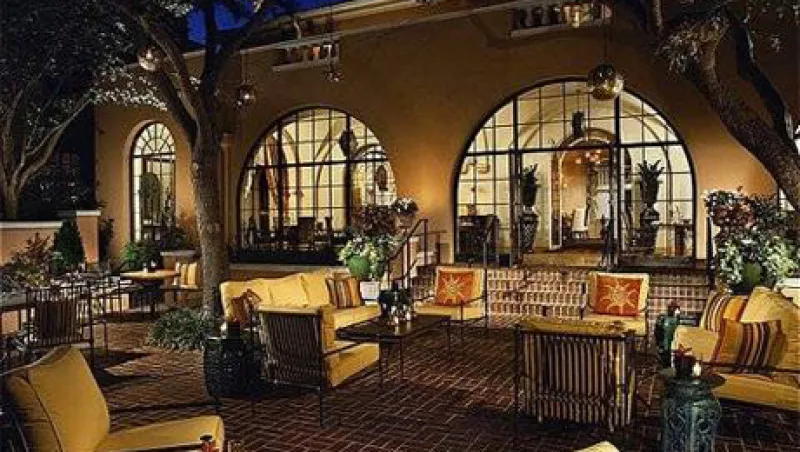
World's Best Hotels Trying to Fuel a Rebound
Establishments in Institutional Investor’s World’s Best Hotels 2011 ranking are using renovations and renewed dedication to service to fuel a rebound.
Kristin Baird Rattini
December 8, 2011


